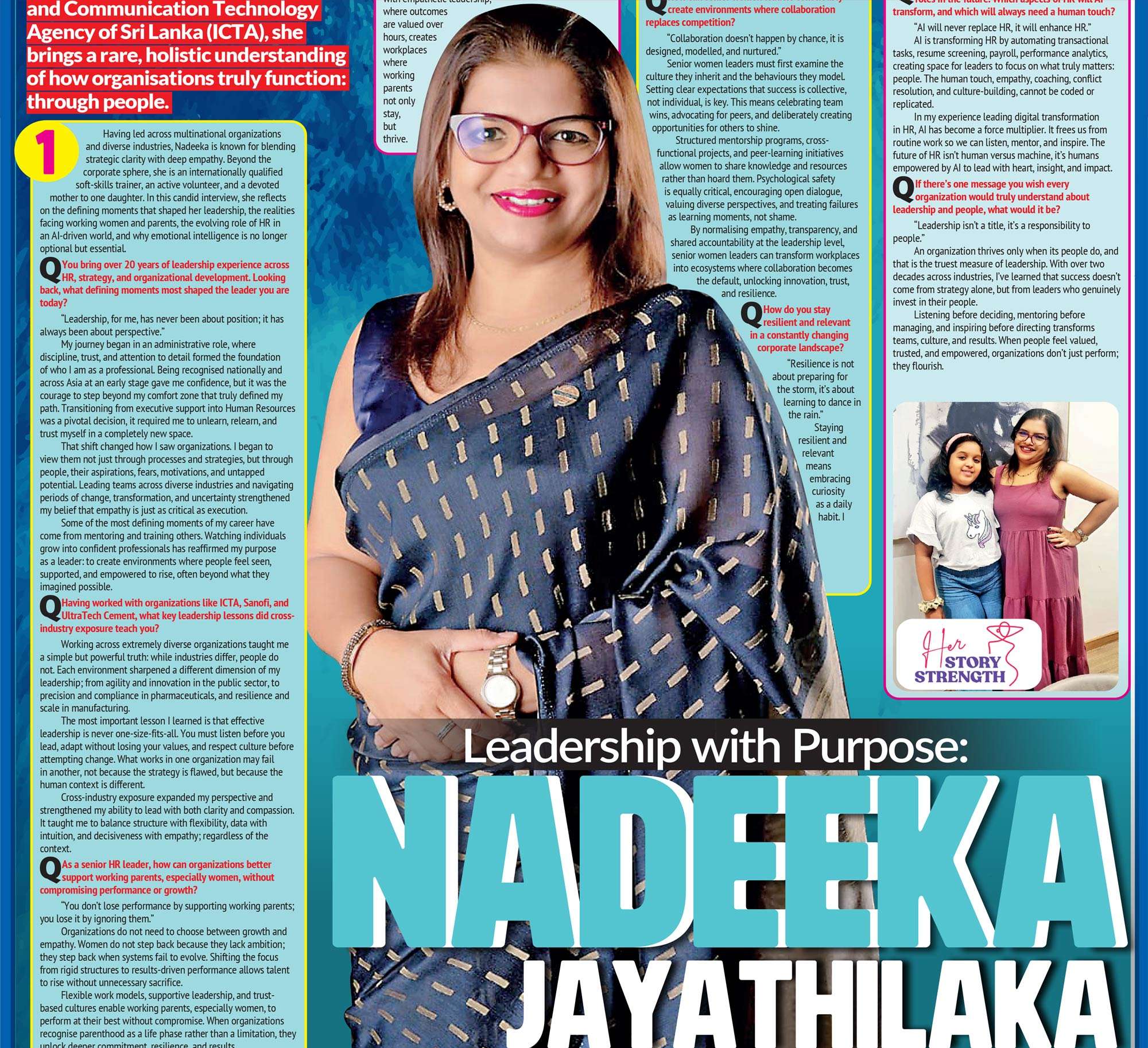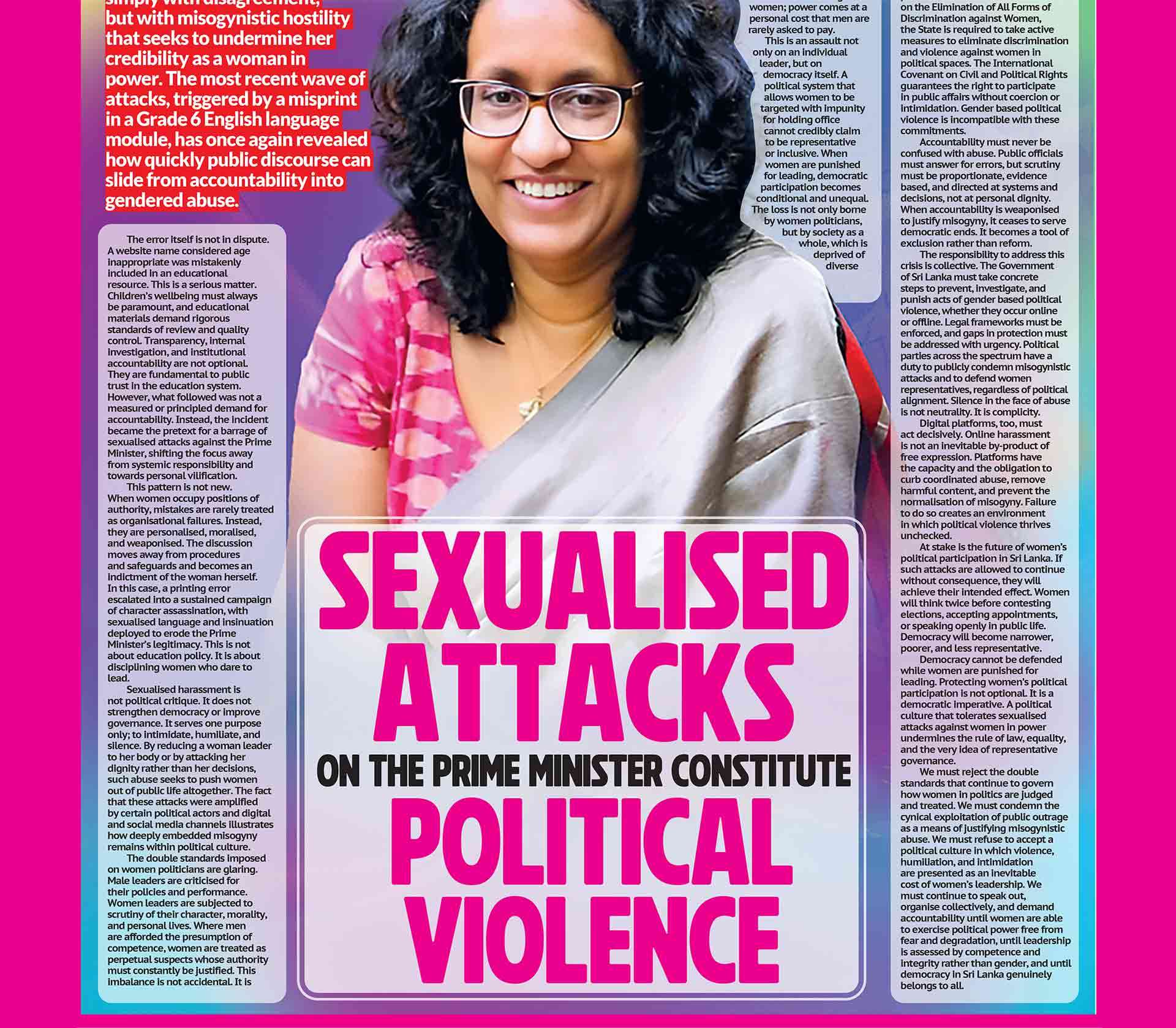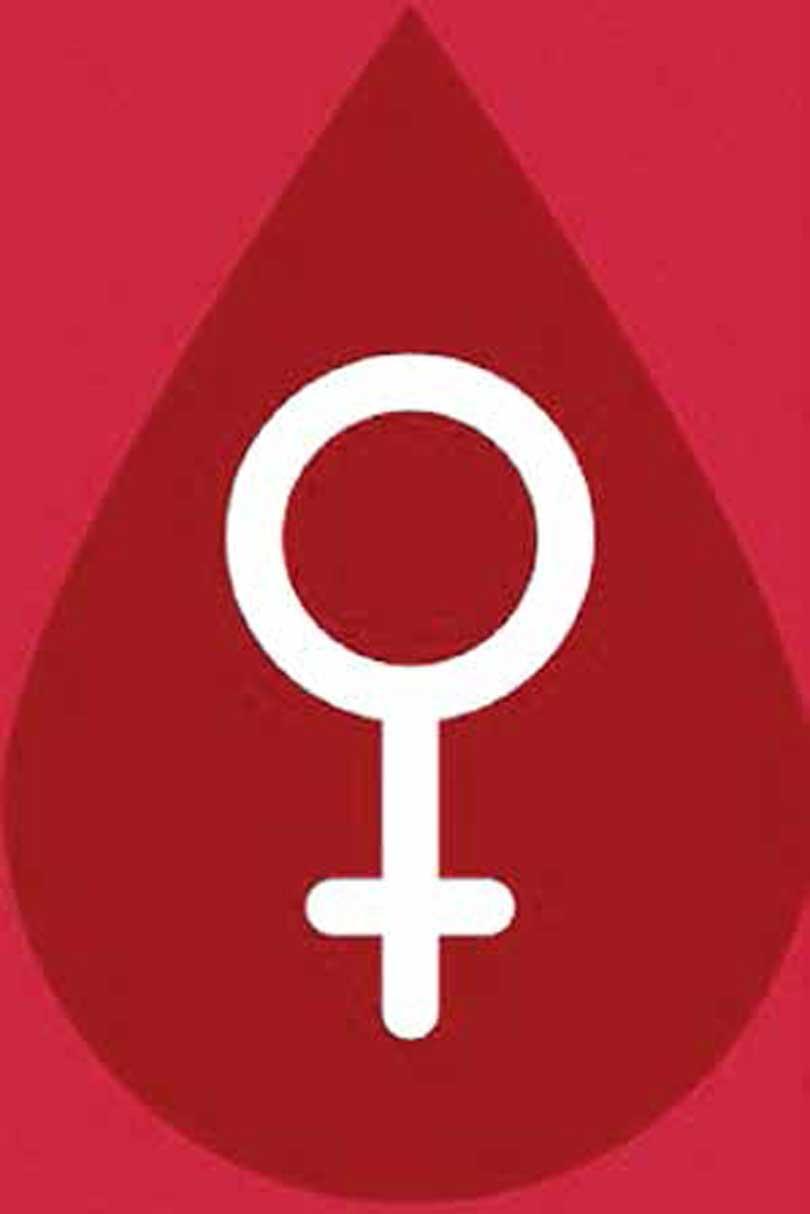
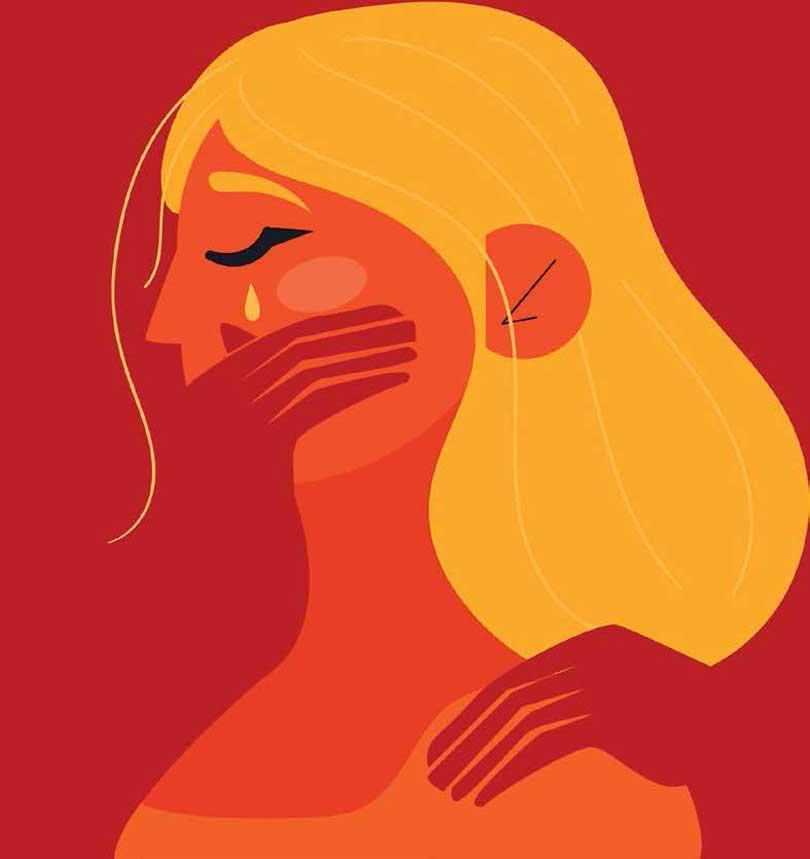
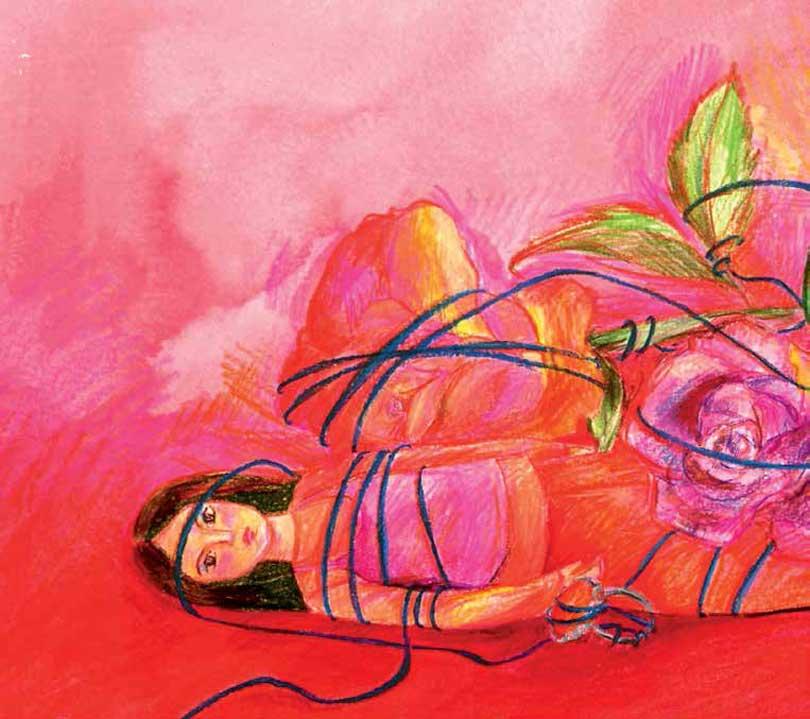
Instead, they deploy their usual tactics: "We've spoken to women who say they're fine." "There's no scientific evidence of harm." "This is being exaggerated." "Western propaganda is poisoning our women against our traditions."
*The survivor's name has been changed to protect her from community retaliation and preserve her privacy.
That niece is now safe. She will always be. Her body belongs to her, exactly as it should be. It really is that simple. If you can't bear the thought of a blade touching your baby's genitals, then don't let it happen. Your instinct is right. The tradition is wrong.
CONTENT WARNING This article contains explicit descriptions of sexual trauma, medical complications from Female Genital Cutting, and psychological abuse. Reader discretion is advised.
Her blood dripped on the bedroom floor. Not a few drops. Not the expected bleeding. It spread beneath her feet as she stood, shaking, staring at her husband who looked back with equal horror. This was her first time. This was supposed to be passionate. Love. Instead, it was the beginning of a nightmare that would destroy her sense of self, and nearly her sanity, all because someone had taken a blade to her genitals when she was too young to scream loud enough.
The Day She Learned the Truth
Amira* was cut when she was 43 days old. She only knew because her mother once told her in passing, the way someone might mention a childhood vaccination. But the truth of what that meant hit her years later, through pain. Pain that made intimacy feel like punishment. Pain that bled across the floor and across her sense of self. A gynecologist eventually gave her the words for it: nerve damage, scarring, structural changes. Words that linked her agony to something she never consented to, something done in the name of ‘tradition.’
Silence in the Room
Two times. Two times she bled profusely during intercourse. Two times her husband watched in helpless terror as his new wife's body rejected the very act that was supposed to bind them together. She couldn't explain it. He couldn't understand it. Neither of them had words for what they were experiencing because no one had ever told them that cutting a child's genitals might have consequences. "I thought I was broken," Amira* expresses, her voice steady now but carrying the weight of self-blame. "He even Googled to understand what was going on, we assumed it was due to dryness, we did everything we should thinking it was 'normal'."
The pain during sex was excruciating. Not the mild discomfort some women experience initially, but agony that made her body seize up, that made intimacy impossible, that turned what should have been pleasure into trauma. And she hid it. She gritted her teeth through the agony, afraid that showing her pain would disappoint him, would make her a "bad wife." She performed pleasure while dying inside. But here's the most messed up part: she blamed herself.
The Gaslighting Starts Early
When Amira* finally worked up the courage to mention her difficulties to older women in her family, she was met with dismissal, minimization, and outright lies. "It's normal," they said. "You'll get used to it," they promised. "Some women just have problems," they shrugged. Not one of them connected her suffering to the procedure they had all witnessed, participated in, or endured themselves. Not one of them acknowledged that slicing through nerve endings, scar tissue formation, and structural damage might affect sexual function. Instead, they made her feel flawed and confused as a woman, as a wife, as a human being. This is how the cycle perpetuates. This is how communities maintain harmful practices, by ensuring that the victims blame themselves instead of questioning the system that harmed them.
The Revelation That Changes Everything
"I cried for days straight," she remembers. "Not just for the pain, but for all the months I spent hating myself for something that wasn't my fault, something I wasn't even aware had been done to me." Here's what makes me absolutely livid: the women in Amira's* community knew. They knew. They knew because they had experienced complications themselves. They knew because they had watched other women struggle. They knew because their own bodies bore the scars of the same mutilation. But instead of protecting the next generation, they chose silence. Instead of acknowledging the harm, they perpetuated it. Instead of breaking the cycle, they became its guardians.
When Amira* eventually tried to discuss her experience with other women, she was met with a wall of defensive denial: "I turned out fine." "My daughters are fine." "You're being dramatic." "This is our culture." These women have internalized their oppression so completely that they now police other victims who dare to speak the truth about their experiences.
The Men Who Profit from Silence
And where are the men in all this? Sitting comfortably in their mosques, making decisions about women's bodies they will never inhabit, defending practices they will never endure. When confronted with stories like Amira's*, they don't express horror at the suffering. They don't question the practice. Instead, they deploy their usual tactics: "We've spoken to women who say they're fine." "There's no scientific evidence of harm." "This is being exaggerated." "Western propaganda is poisoning our women against our traditions." These are the same men who wouldn't let a veterinarian cut their cat without anesthesia but see nothing wrong with slicing through their daughters' most sensitive tissue.
The Day She Said No
A year after learning the truth about her body, Amira* held her newborn niece for the first time. As she looked at this perfect, whole child, the familiar conversations began around her. "Aunty called, she said we can get it done at some place she knows, privately," her mother said casually. "The imam also knows a good woman who does it cleanly," her aunt added.
"It's better to do it early, before she remembers." That's when Amira* felt her blood turn to fire. "No," she said quietly, still holding her niece. "We're not doing this to her." There were arguments about how it was an 'Islamic practice done by many women before us' and questions about who she was to interfere with tradition. But for the first time in her life, Amira* had something more powerful than their shame: she had truth.
She told them about her bleeding. About the pain that made intimacy torture. About the months of hating her own body. Her brother and sister-in-law had been against it from the very beginning. Not because they understood the medical complications or knew about nerve damage or scarring. Simply because the thought of taking a blade to their perfect baby's genitals felt wrong. That's it. That's all it took for them to say no.
Think about that for a moment. Two parents with no medical knowledge, no research, no horror stories, just basic human instinct that said, "don't cut my child" and they refused. So, what the hell is wrong with everyone else? How is it that two people can look at their newborn and instinctively know that slicing her genitals is barbaric, while generations of mothers and grandmothers convince themselves it's "necessary" or "tradition" or "what's best for her"? That niece is now safe. She will always be. Her body belongs to her, exactly as it should be. It really is that simple. If you can't bear the thought of a blade touching your baby's genitals, then don't let it happen. Your instinct is right. The tradition is wrong.
Where Real Change Begins
This is how the cycle breaks. Not with gentle persuasion or cultural sensitivity, but with women who have had enough. Women who look at the next generation and say, "Not her. Not on my watch." The ripple effect is real, and it's powerful. But we can't rely on individual courage alone. We need every woman, every family to stand against this fearlessly. That's where lasting change begins; in living rooms and family gatherings, with women who refuse to pass trauma to the next generation. Amira's* story is not unique. It's not even rare. It's typical.
Right now, there are women in Sri Lanka experiencing painful sex and not understanding why. There are women bleeding excessively during menstruation, suffering through complicated childbirth, and developing chronic infections, all because their genitals were cut as children. And they're suffering in silence because their communities have decided that maintaining a harmful tradition is more important than women's health, happiness, or human rights.
Breaking the Silence
I'm done with gentle persuasion. I'm done with cultural sensitivity. I'm done with respecting traditions that destroy women's bodies and lives. Amira* is speaking out now despite the risks. Despite the threats of ostracism. Despite the community backlash. Despite the family pressure. She's speaking out because she understands that silence is complicity. That every day we fail to criminalize FGC, more girls are being cut. More women are being condemned to lives of pain and dysfunction.
Her marriage may not have been destroyed by FGC, but her trauma today is destroying her every second as you read this. She cannot reverse what was done but through her voice, and through her stand in that family gathering, she can help prevent this from lurking into the households with more female children.
This is why I write. This is why I refuse to shut up. This is why I will continue amplifying these stories until the practice ends or I do. Some traditions deserve to die. Some silences need to be shattered. Some truths are too important for politeness. Female Genital Cutting is child abuse masquerading as culture. It's time we called it what it is and ended it once and for all. If you are a survivor of FGC and want to share your story, reach out to trusted sources in confidence. Your voice matters. Your pain is valid. Your silence is not protecting anyone. And if you have daughters, nieces, or granddaughters in your family, you have the power to be the generation that says, "The harm stops here." That's the best we can do until we achieve a legal ban and make this a criminal offense punishable by law.







